How to Care for Your Water Heater to Maximize Its Lifespan
Proper maintenance of your water heater is essential for ensuring consistent performance, safety, and longevity. A water heater represents a significant investment in any home, and neglecting its care can lead to unexpected breakdowns, costly repairs, and even property damage from leaks. On average, a well-maintained water heater can last between 8 and 12 years, but this lifespan is highly dependent on routine care, water quality, and environmental factors.
Neglecting basic upkeep not only shortens the operational life of your unit but can also increase energy costs, decrease efficiency, and compromise household safety. Sediment buildup, corroded components, or faulty safety mechanisms are common problems that escalate when routine maintenance is ignored. By understanding your water heater, performing regular upkeep, implementing preventative measures, and engaging trusted local plumbers when necessary, homeowners can safeguard their investment and enjoy reliable hot water for years.
Understand Your Water Heater's Components to Care for It Properly
Water heaters come in various types, each with unique operational methods and maintenance requirements. Conventional tank water heaters store large volumes of hot water for immediate use, making them a popular choice in many homes. Tankless water heaters, on the other hand, heat water on demand, which increases energy efficiency and reduces standby heat loss. Heat pump water heaters use ambient air to transfer heat into water, consuming less energy over time. Solar water heaters utilize sunlight for environmentally friendly and cost-effective heating, and condensing water heaters optimize energy from exhaust gases in natural gas systems.
The fuel source of your water heater—electricity, natural gas, propane, or solar energy—affects heating speed, efficiency, and long-term maintenance needs. Understanding your system allows you to tailor care routines effectively.
Key components include the thermostat, heating elements or burners, temperature and pressure relief (TPR) valves, and the anode rod. The thermostat controls water temperature, ensuring comfort and safety. Heating elements or burners deliver the energy to heat the water efficiently, and their condition directly impacts performance. The TPR valve safeguards against excessive pressure buildup, preventing potential tank explosions. The anode rod, sometimes called the sacrificial rod, attracts corrosive agents to protect the tank lining from rust. Familiarity with these parts is critical for effective maintenance, early detection of issues, and knowing when professional assistance from local plumbers is required.
Perform Routine Maintenance to Keep Your Water Heater Efficient
Routine maintenance ensures your water heater remains efficient and safe. Begin with monthly visual inspections to identify leaks, corrosion, moisture accumulation, or unusual noises. Quarterly inspections allow a deeper assessment of internal components such as the thermostat, heating elements, and TPR valve. Professional inspections at least once a year are recommended, as trained local plumbers can spot problems invisible to most homeowners, ensuring comprehensive care and aligning with manufacturer guidelines.
Draining and flushing the tank is a key step in preventing sediment buildup, which can reduce efficiency and damage internal components. According to The Home Depot, draining, flushing, and cleaning the tank at least once per year is essential. The process involves turning off power or gas, allowing the water to cool, attaching a hose to the drain valve, and safely flushing out sediment. This practice prevents clogs, improves heating performance, and reduces unusual noises caused by sediment.
Testing the TPR valve annually ensures it functions properly, protecting your home from excess pressure. Checking and replacing the anode rod every 1–3 years is vital to prevent corrosion from spreading to the tank. Finally, adjusting the thermostat to the recommended 120°F improves energy efficiency, reduces wear on heating elements, and prevents scalding risks. When homeowners commit to these maintenance practices, water heaters operate efficiently, safely, and reliably for years.
Use Preventative Measures to Extend Your Water Heater’s Life
Beyond routine maintenance, implementing preventative strategies significantly prolongs your water heater’s service life. Installing a water softener is particularly beneficial in areas with hard water, which contains high levels of calcium and magnesium. These minerals lead to scale buildup, reducing heating efficiency and accelerating wear on components. A softener replaces minerals with sodium or potassium ions, protecting the tank, pipes, and other household appliances.
Insulating the tank and surrounding pipes reduces heat loss, allowing the water heater to maintain temperatures with less energy. Insulation kits are available for various tank sizes and types and are especially useful in cold basements or garages. Adding an expansion tank can absorb pressure changes during water heating, preventing stress on the main unit and reducing the risk of leaks or component failure.
Lowering the thermostat slightly below 120°F can also reduce stress on the system, conserve energy, and prevent scalding. Each 10°F reduction in temperature can lead to a 3–5% decrease in energy costs. Installing a leak detector provides an early warning for potential leaks, alerting homeowners to water hazards before they cause significant damage. When combined, these preventative measures reduce maintenance frequency, improve efficiency, and enhance overall system longevity.
Monitor Signs of Proper Function to Ensure Long-Term Health
Being able to identify a well-functioning water heater is critical for early intervention and maintenance planning. Key indicators include consistent hot water supply at the set temperature, minimal temperature fluctuations, quiet operation, and clear water from hot water fixtures. Signs of potential issues include rust-colored or cloudy water, strange hissing, popping, or banging noises, and any leakage or dampness around the unit.
Monitoring these signs allows homeowners to distinguish between normal operation and developing problems. Regular assessment ensures that minor issues are addressed quickly, minimizing damage and prolonging the life of the unit. By observing your water heater’s performance and understanding its behaviors, you can maintain optimal operation and ensure a continuous, reliable supply of hot water.
Troubleshoot Common Problems to Prevent Serious Damage
Even with proper care, issues may arise. Rusty or cloudy water often signals a deteriorating anode rod or sediment accumulation. Flushing the tank, inspecting the anode rod, and replacing worn components can resolve these problems. Temperature fluctuations, slow heating, and unusual noises are also common and may indicate sediment buildup, thermostat issues, or failing heating elements.
Homeowners can attempt minor fixes such as adjusting the thermostat or flushing the tank, but more complex problems should be handled by experienced local plumbers. Engaging professionals ensures safety, proper repairs, and avoids costly damages. Timely troubleshooting prevents minor issues from escalating into major failures, protecting both your water heater and your home.
Call Professional Local Plumbers When Needed to Protect Your Investment
While routine maintenance and preventative measures address most problems, professional intervention is sometimes necessary. Local plumbers bring expertise, tools, and knowledge that homeowners may lack. They can inspect internal components, replace worn parts, upgrade to more efficient systems, and install features like expansion tanks or leak detectors.
Hiring local plumbers prevents small issues from escalating, extends your water heater’s lifespan, and ensures optimal performance. According to industry data, homes with professionally maintained water heaters experience fewer emergency repairs and achieve up to 20% greater efficiency over their lifespan. Partnering with reliable local plumbers ensures your water heater is safe, efficient, and reliable.
Caring for your water heater through routine maintenance, preventative measures, and professional support is essential for maximizing performance and lifespan. Regular inspections, flushing, TPR valve checks, anode rod replacement, and thermostat adjustments keep the system operating efficiently. Preventative strategies, including water softeners, insulation, expansion tanks, and leak detectors, further enhance durability and energy efficiency.
Recognizing warning signs and troubleshooting minor issues promptly allows homeowners to avoid costly repairs or system failures. Engaging trusted local plumbers ensures expert care and peace of mind. By following these practices, you can enjoy reliable, long-lasting hot water. For professional service and maintenance, trust PBCI-Allen Mechanical & Electrical to keep your system running efficiently.
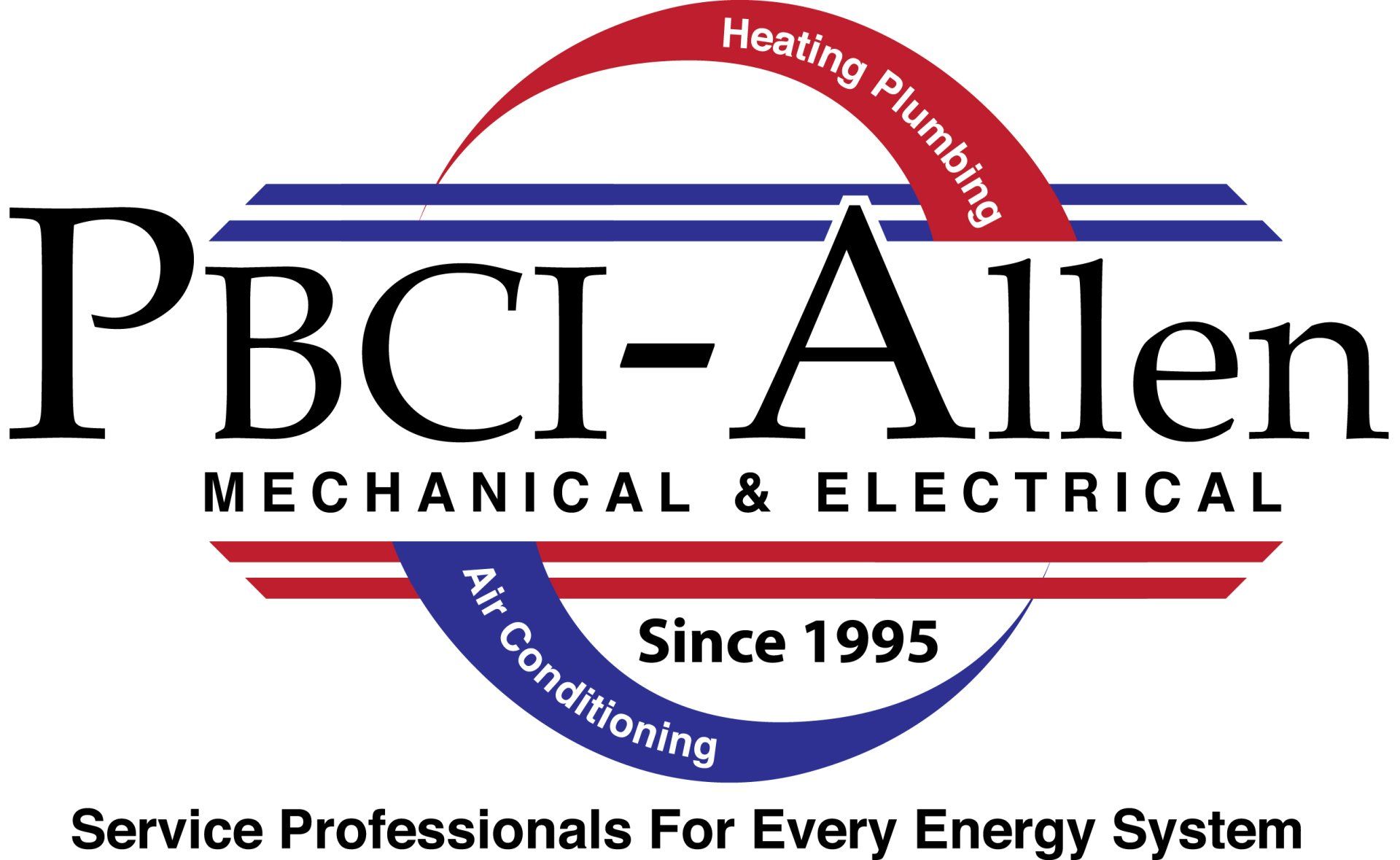
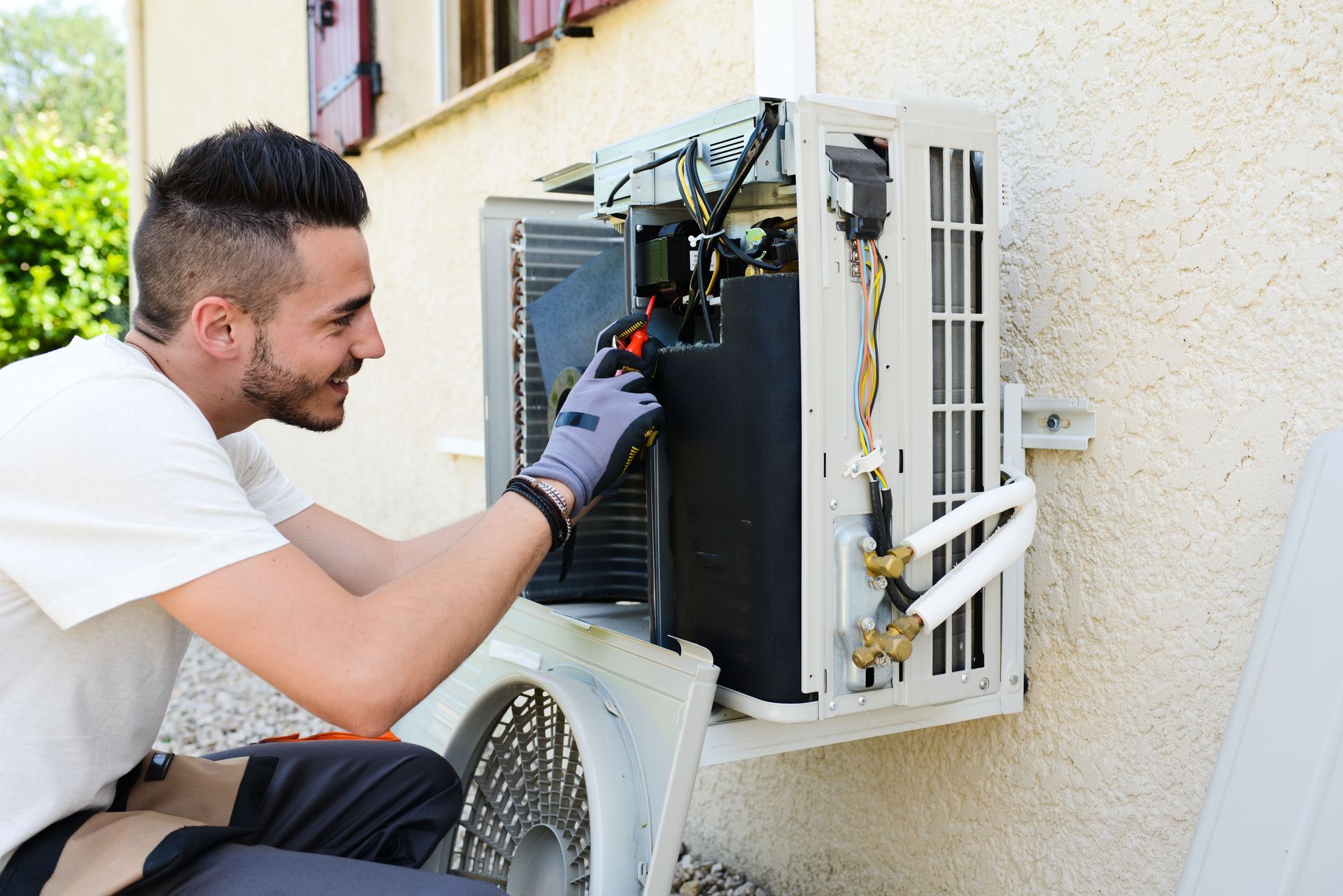
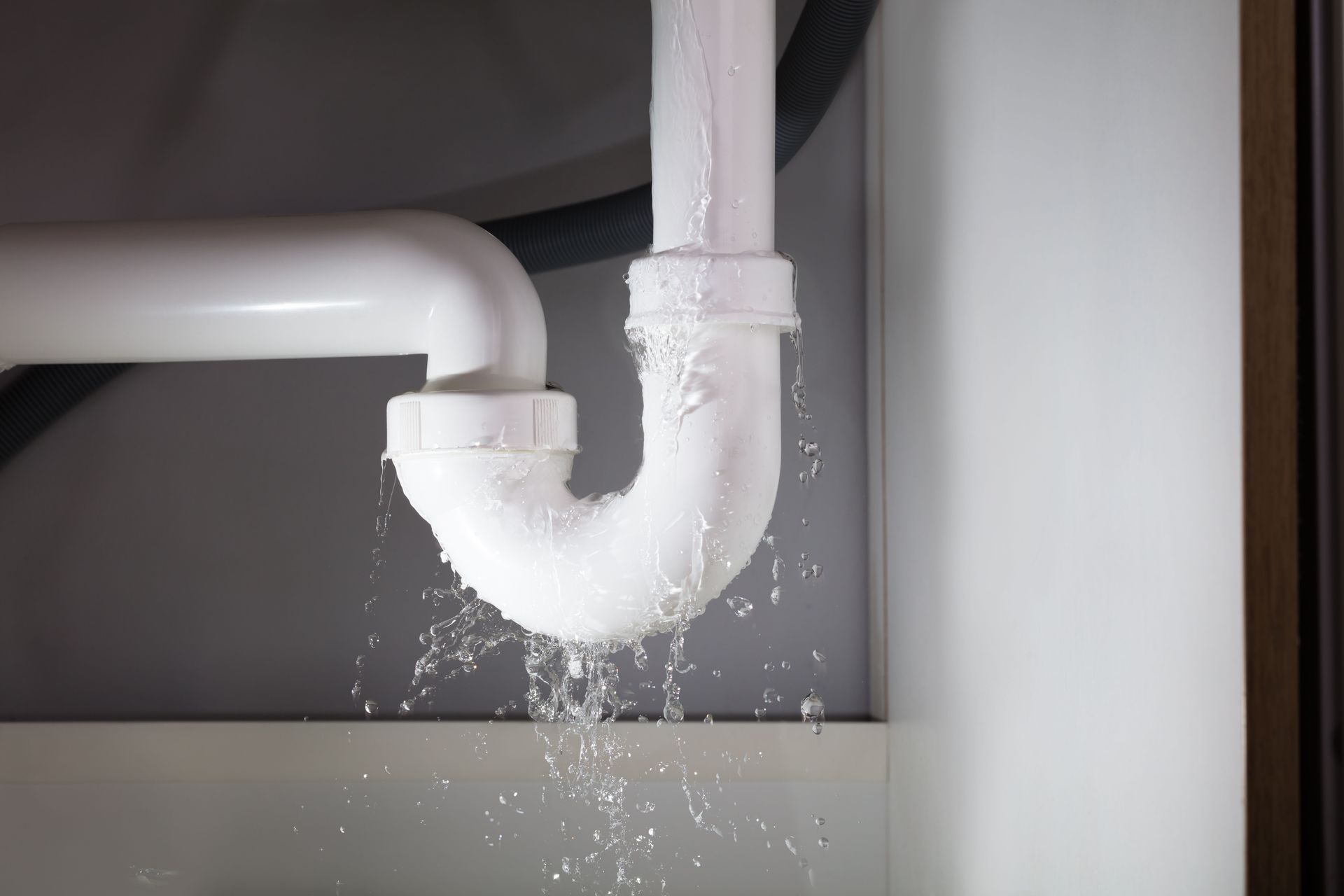
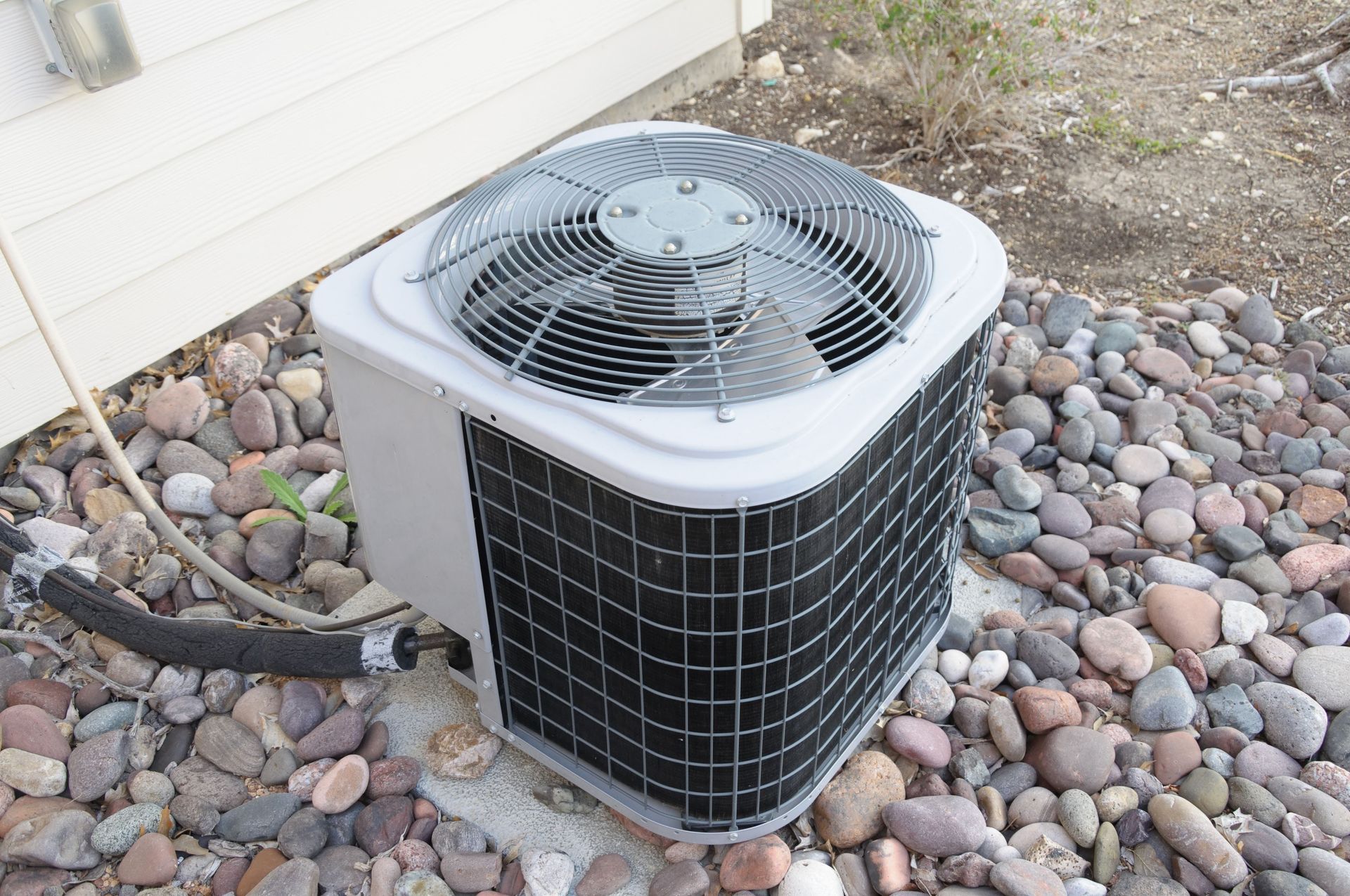
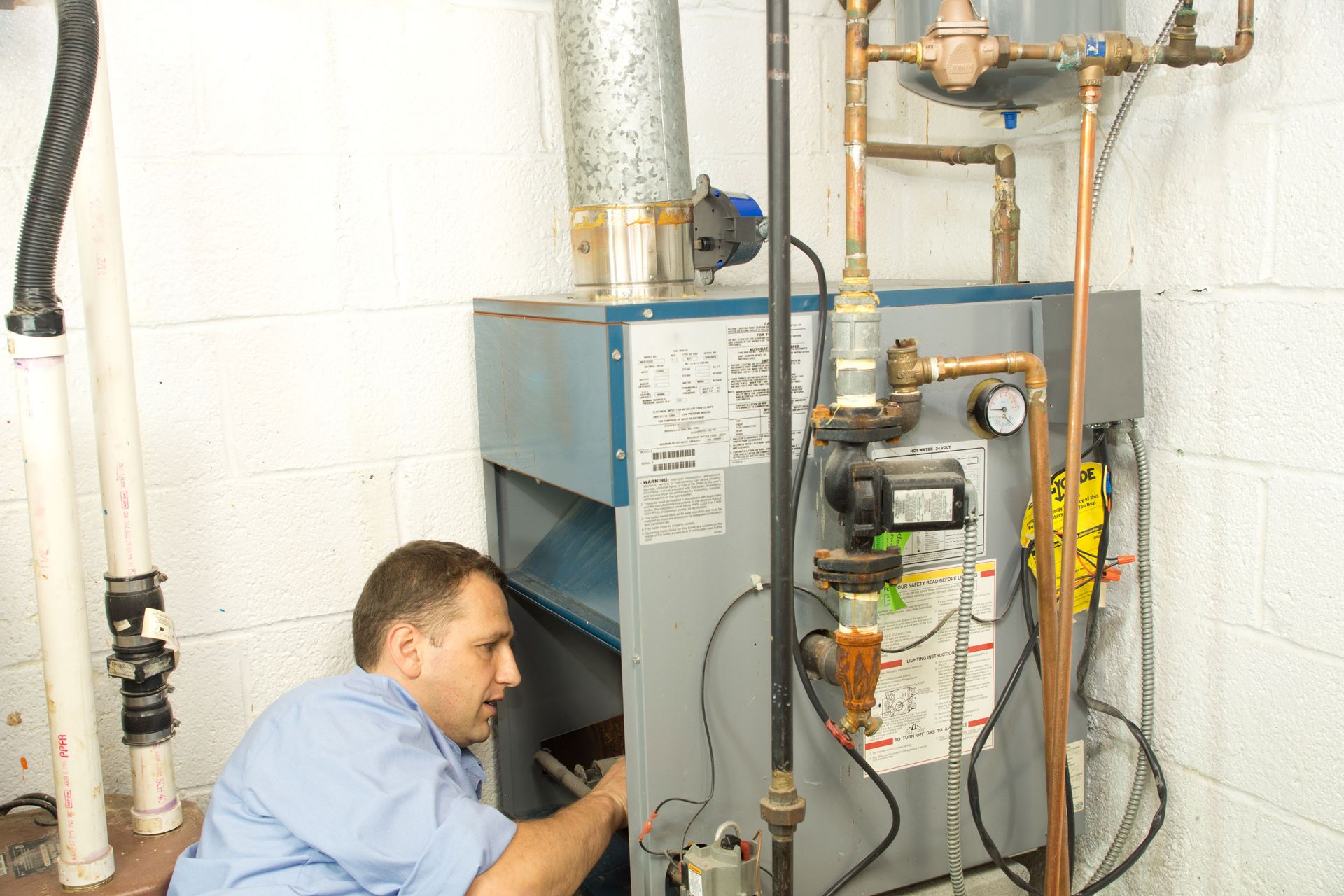
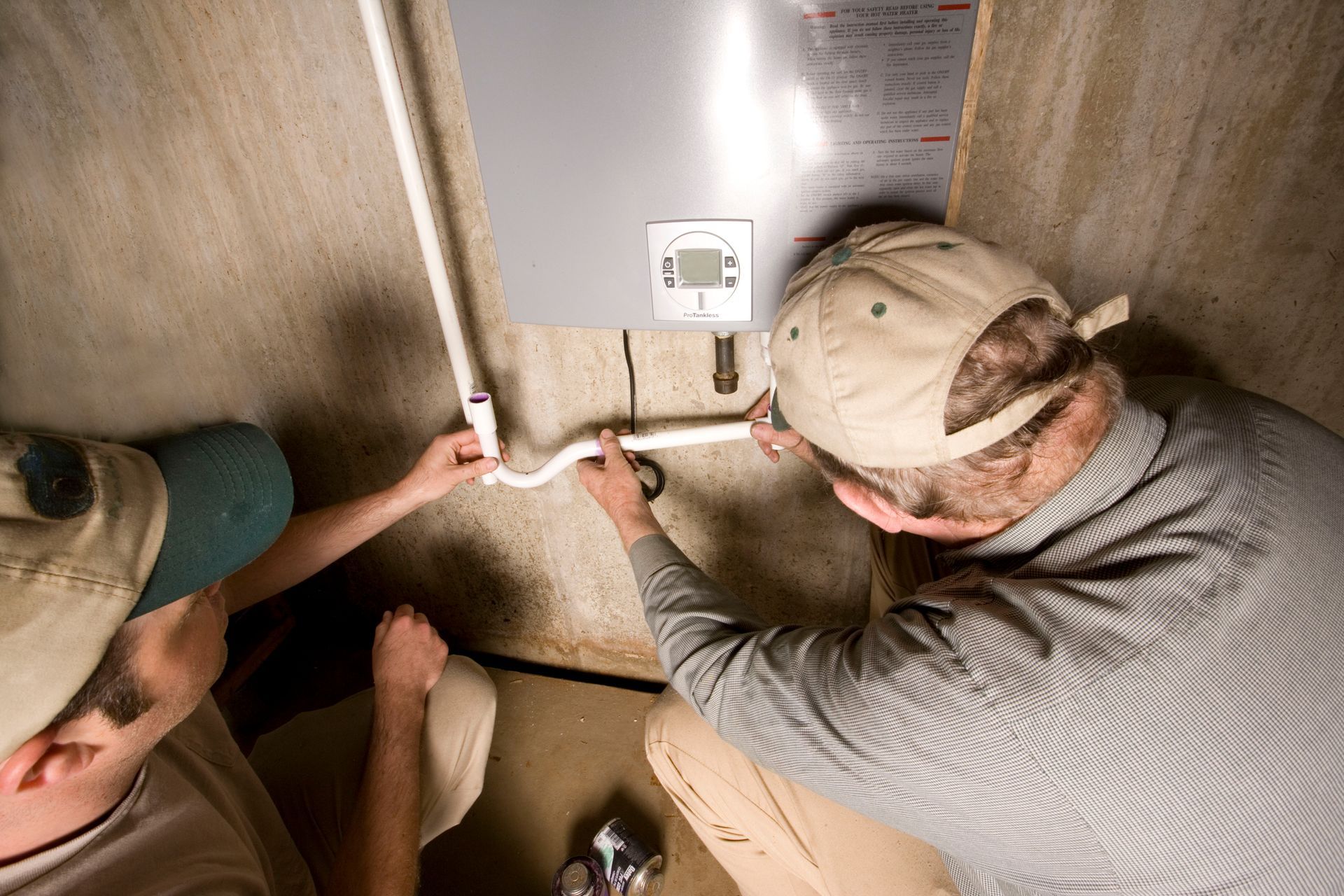
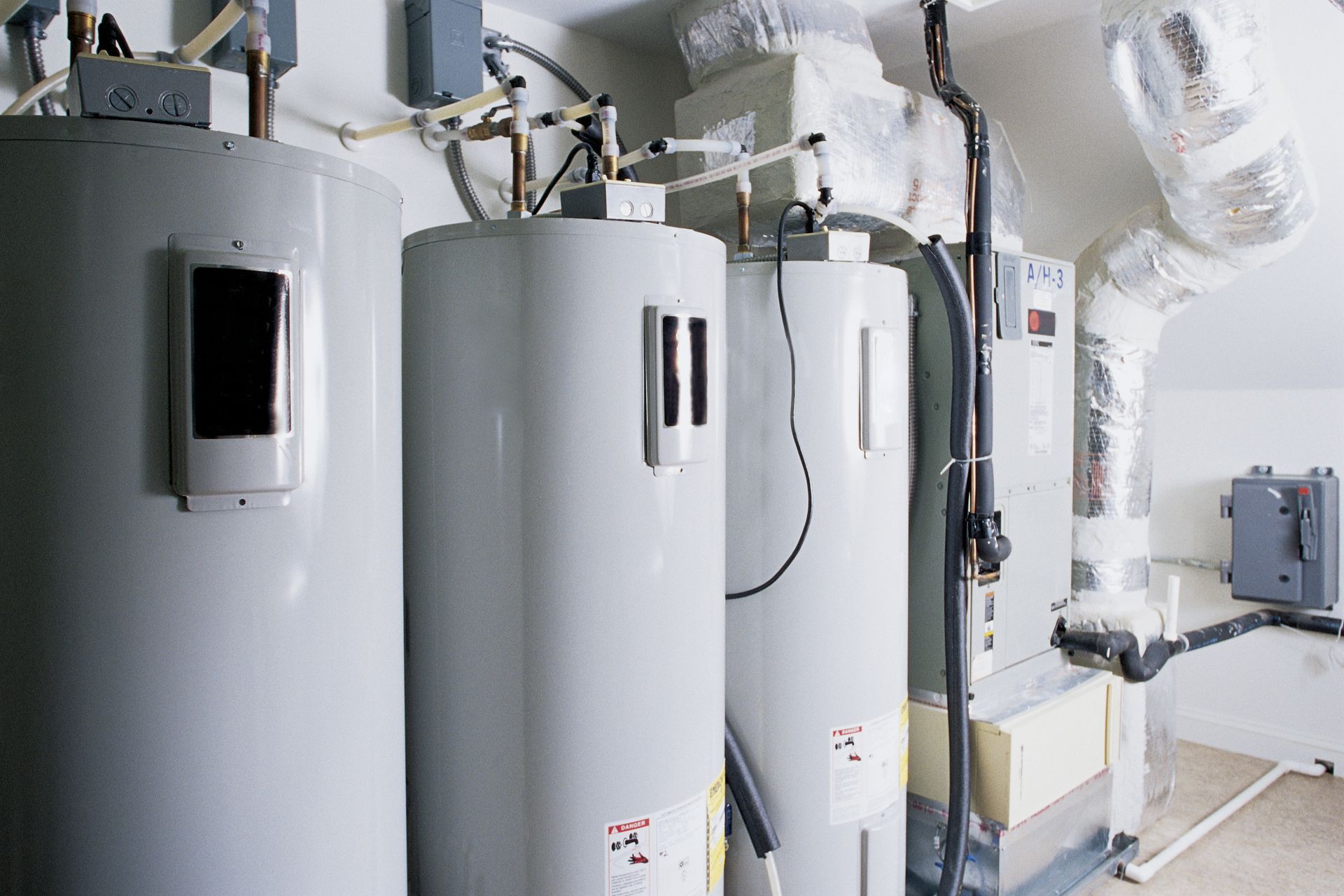
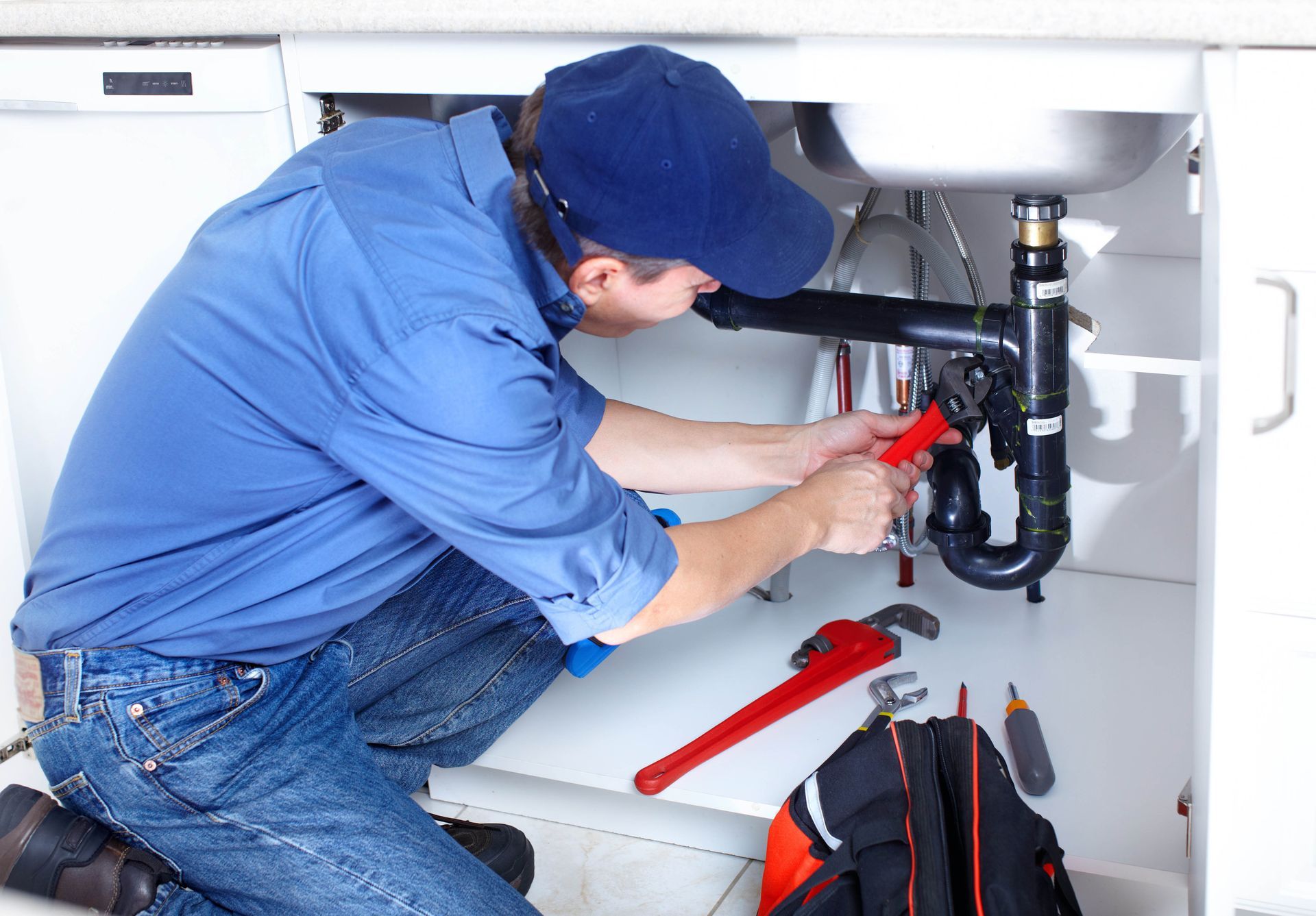
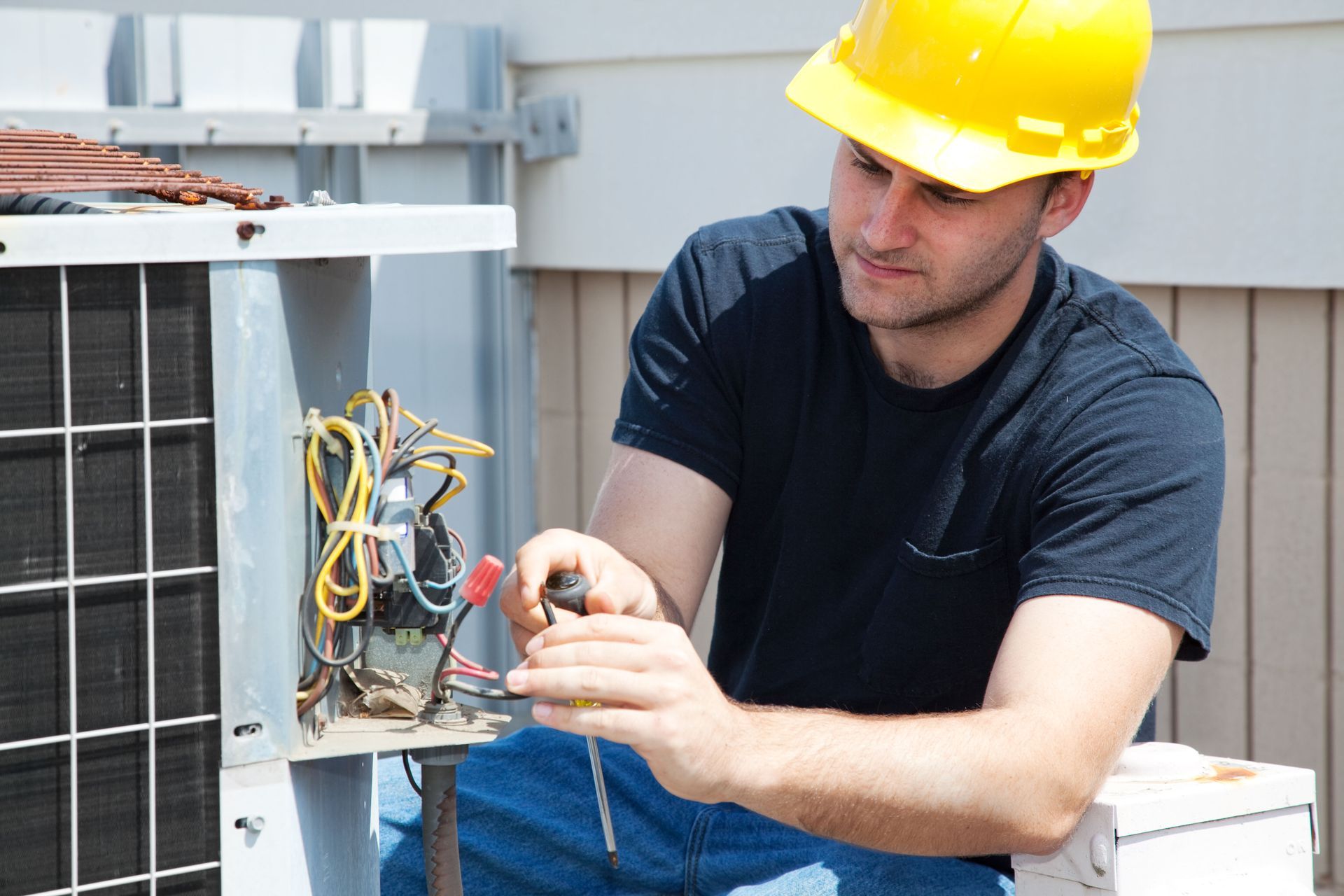
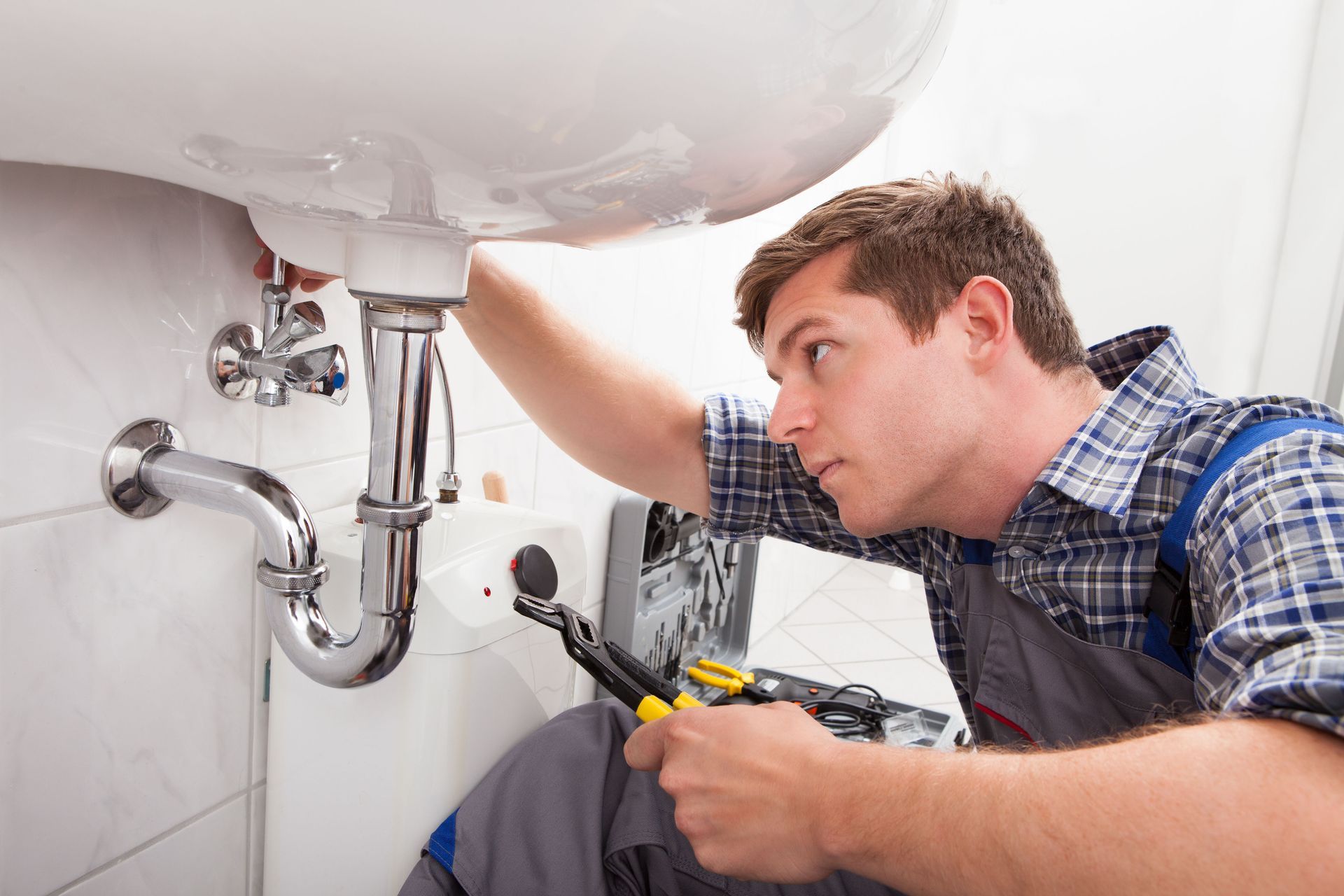
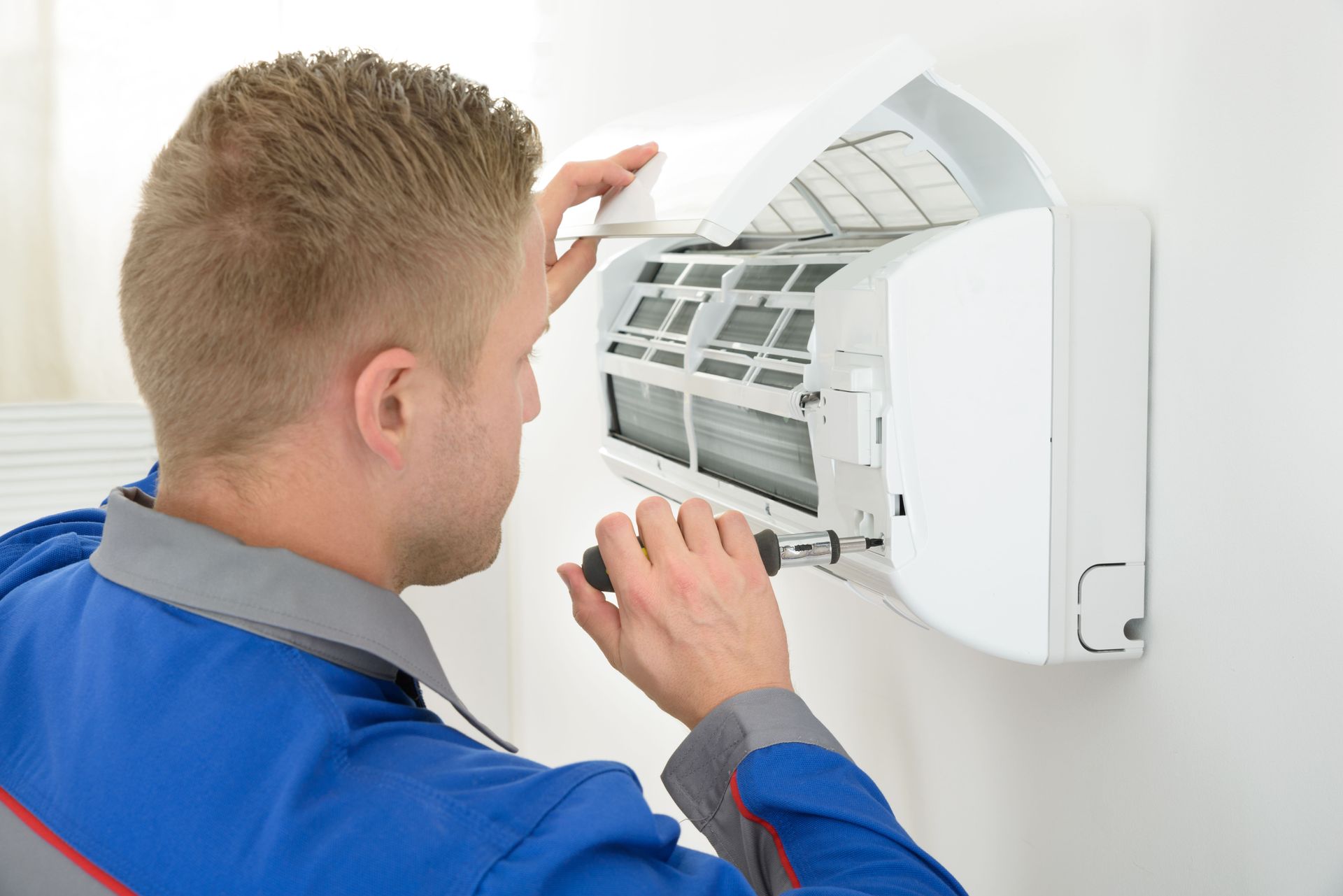


Share On: